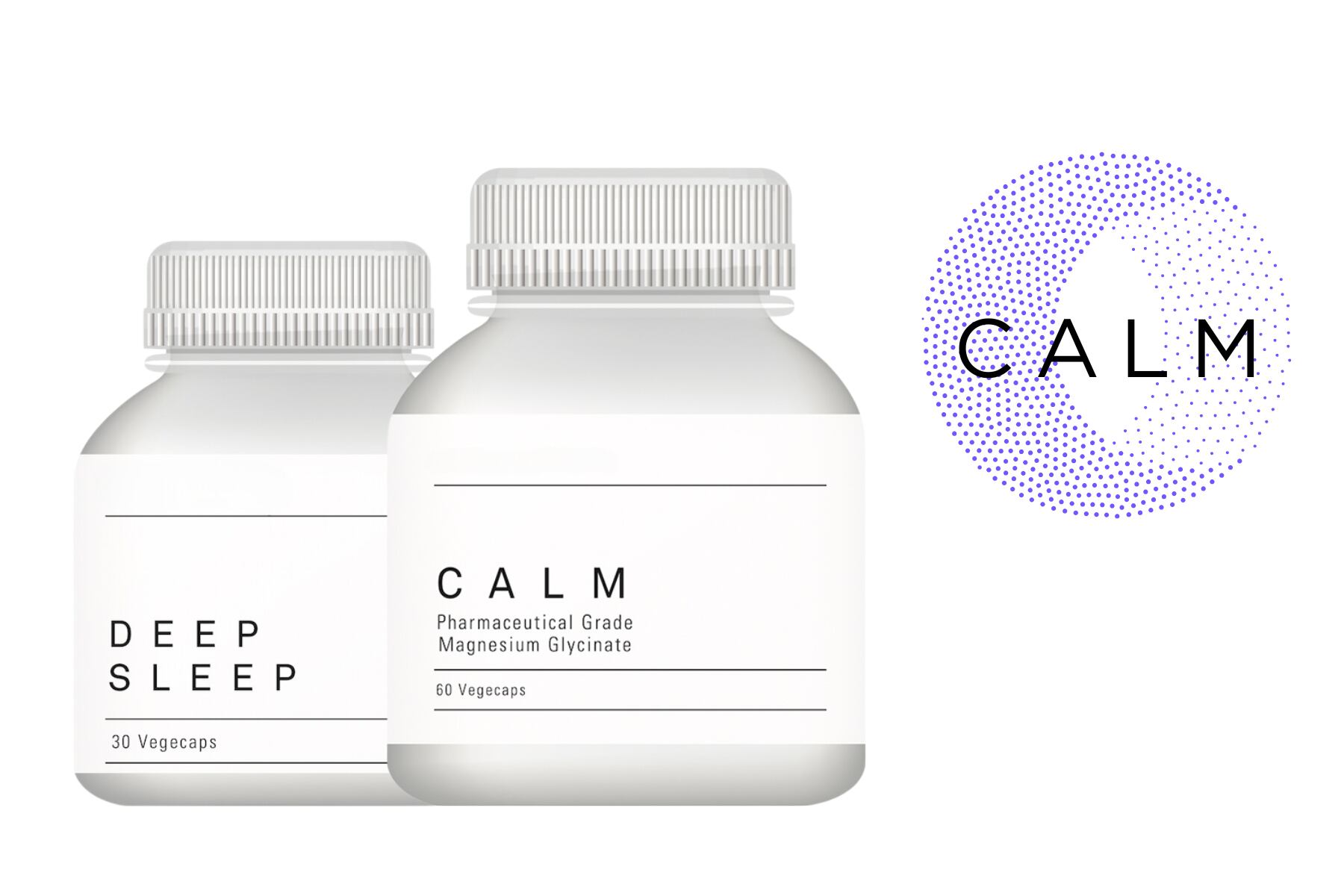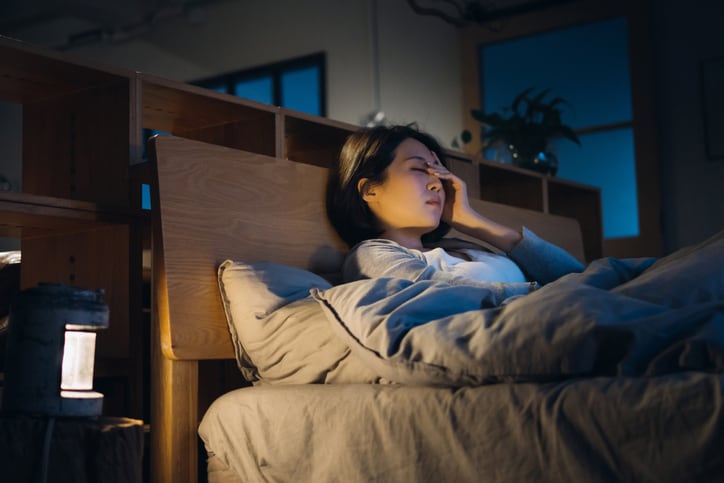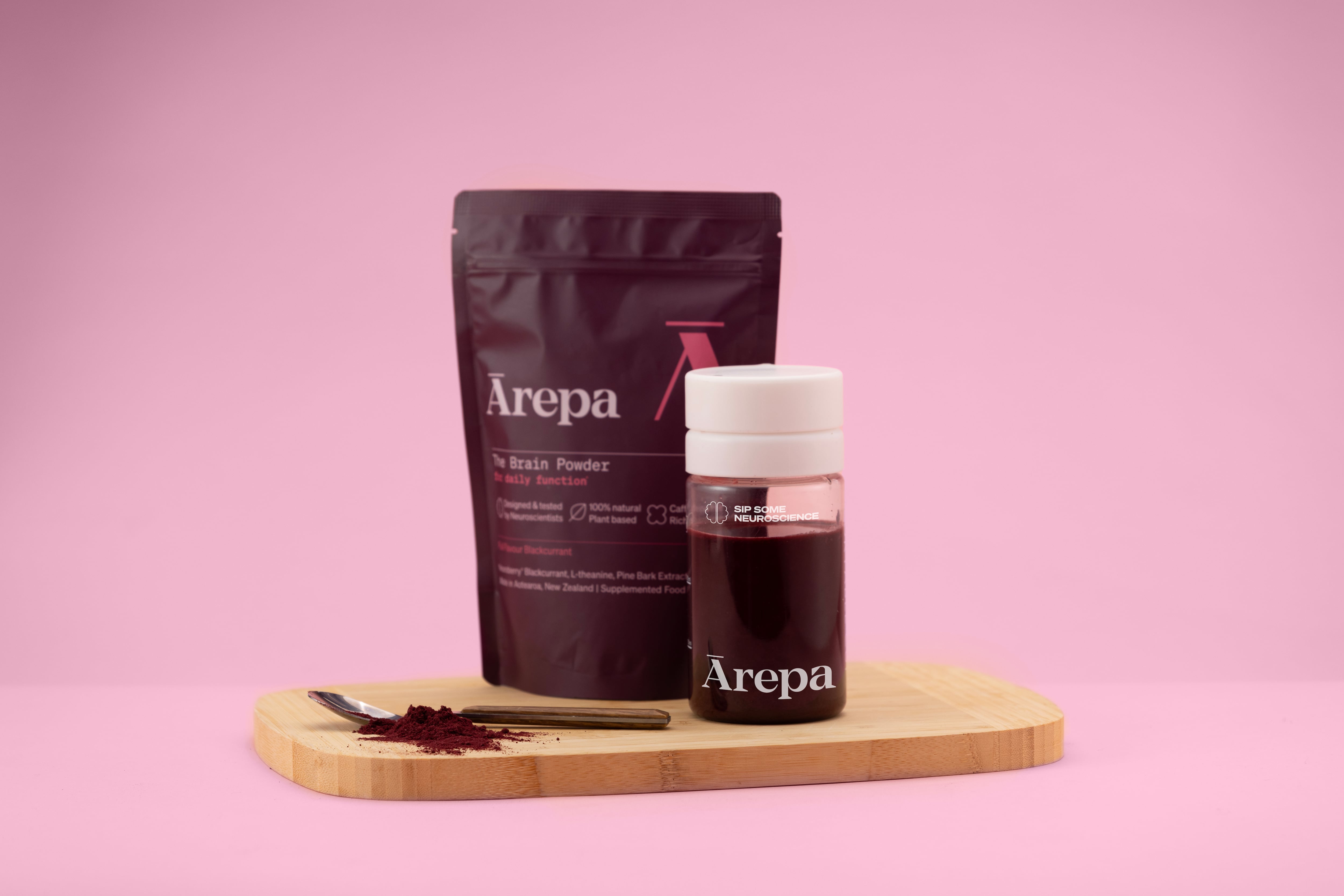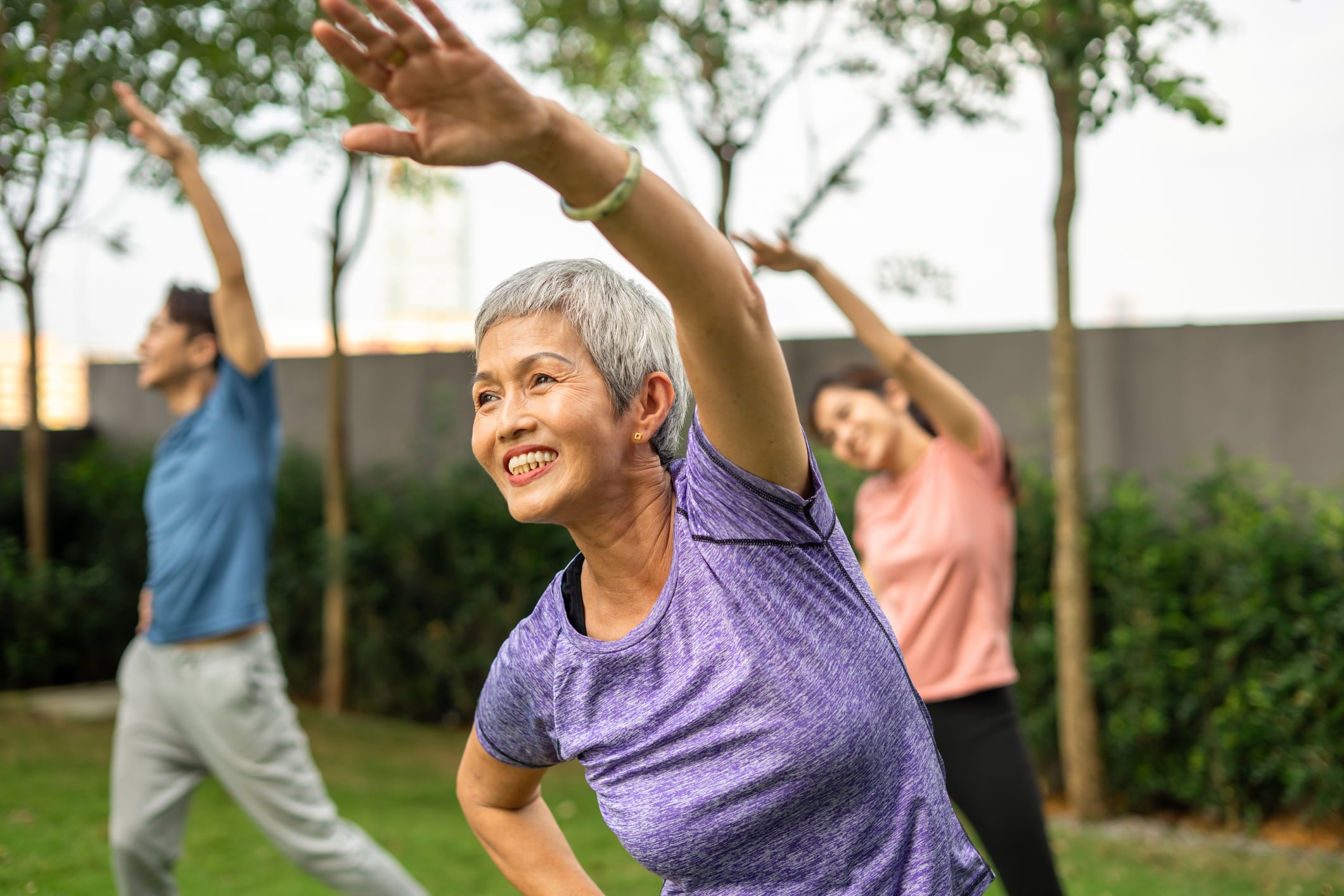Dr Cheryl Kam, creator of Singapore-based CALM Supplements, has developed her own magnesium glycinate supplements to help patients sleep better.
She started formulating the products five years ago, after noticing common complaints around sleep and anxiety amongst patients visiting her clinic.
While these patients came from different demographics, many of them were also women at the age of menopause - and sleep disturbance was one of the common complaints.
“This [sleep disturbance] happens to overlap with the first symptoms of menopause and perimenopause - which are the mood changes as well as sleep changes.
“I have already been seeing menopausal patients and formulating for them as part of my clinical practise.
“And when you bring it over to the world of menopause, which is again a very big yet and aren’t fully tapped industry, then there is there is going to be an overlap because those are exactly the patients that I built these for, along with many others,” she said.
However, sleep disturbance is not the only symptom of menopause.
There are about 80 symptoms associated with menopause in women, including hot flashes, brain fog, headaches, weight gain, dry itchy skin, and hair thinning.
In this case, adopting a holistic approach beyond just medical intervention could be a better route.
“It’s a constellation of issues that raise the possibility that the patient could be experiencing perimenopause.
“The benefit of being a functional doctor is that I can also then check all the baseline parameters, optimise, and decide again after we have optimised all the nutrients if the symptoms are signs of perimenopause or something else,” she said.
For Dr Kam, she has developed two product SKUs under her CALM Supplements range so far.

One of them, known as CALM, is a pharmaceutical grade magnesium glycinate for supporting relaxation, muscle recovery and overall well-being.
The other SKU, known as Deep Sleep, contains a blend of melatonin, valerian, L-theanine and tryptophan to promote brain health through restorative sleep.
A 2024 study published in European Society of Medicine reported that magnesium supplementation for two weeks had led to significant improvements in sleep quality and mood as compared to people taking only the placebo.
Supplements like magnesium not only help support sleep, but can also benefit other areas, such as bone health, said the family medicine doctor trained in functional medicines.
Magnesium, for example, helps in the absorption of other nutrients, including calcium and vitamin D crucial in maintaining bone health, she explained.
Dr Kam was also one of the speakers who spoke about complementary treatments at “Flash Forward 2025 – The Menopause Summit Putting Women’s Health Front & Centre" held in Singapore on April 26.
Summit organiser Grace Oh, also the founder of Spring of Life (SOL) believes that the way forward in menopause support is a holistic and personalised one.
Spring of Life is a Singapore-based firm focusing on menopause education, personalised care and community support.
One of its upcoming projects is releasing a mobile application that provides the latest information and evidence on how different types of solutions - including health supplements - could support menopause.
The goal is to help users make informed choices throughout their menopause journey. The app is expected to be launched in the second half of this year.
“Our app is based on this philosophy of giving people choice based on evidence, and so we have a combination of different evidence that we are pulling from.
“One is conventional medicine such as Hormone Replacement Therapy (HRT) and other types of medications. Another one would be lifestyle medicine, which is an up-and-coming discipline, and the third is complementary treatments.
“All these combined will give people a choice, because a lot of people do not necessarily want to rely on medications.
“A combination of solutions can also provide personalised wellness that fit into different people’s lifestyles,” she said.





